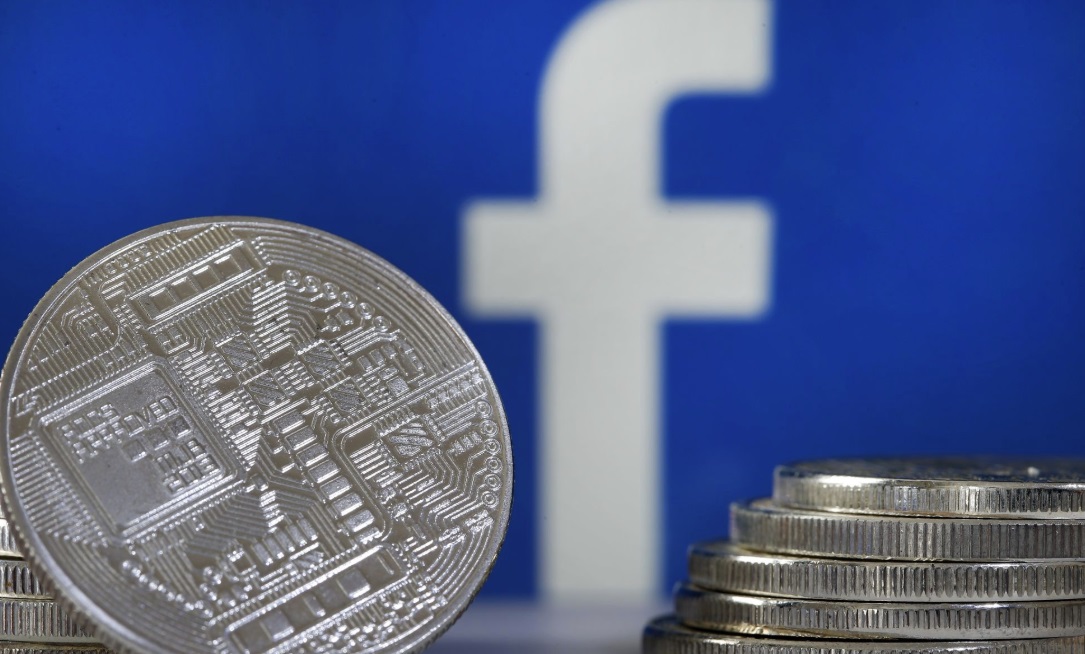Facebook’s Libra Cryptocurrency: Bad for Privacy, Bad for Competition
June 25, 2019 @ 16:05 +03:00

Allowing Facebook to mint its own coin, the Libra, would turn it into the greatest anti-competitive trust case in history. Even before it unveiled its vision for a global cryptocurrency this month, Facebook was already a near-monopoly in social media, and part of a duopoly in its main markets. Together with Google, it controls 82% of the digital advertising market.
In the past, Facebook has purchased any company that threatened it, e.g. Instagram and WhatsApp. And, when it spots a company that won’t sell itself or would be difficult to purchase, it uses the “embrace, enhance and extinguish” technique.
Facebook and Google data is better than what the KGB or CIA could have gathered 20 years ago. And their data is certainly a lot cheaper, since it is voluntarily provided and easily accessible. We would not want our government agencies to have this sort of power, nor should we want it to be in the hands of corporations.
Now, with the Libra project, Facebook wants to exponentially increase its monopolistic power by accessing unparalleled information about our consumer purchasing habits. If allowed to proceed with Libra, a company that knows your every mood and virtually controls the news you see will also have access to the deepest insights into your spending patterns.
Banks and financial institutions are limited in their access to, and transmission of, information, and for good reason. If Facebook, on the other hand, establishes Libra, no other competitor will have equal access to its data, and therefore, a chance at the consumer payment market. In this way, Libra is in keeping with Facebook’s monopolistic business style.
Further, the information monopoly Facebook would possess will be similar to what the Chinese government possesses but needs the Great Firewall to execute. Monopolistic forces will produce the same result through different means.
Facebook’s Libra Cryptocurrency: Bad for Privacy, Bad for Competition, CoinDesk, Jun 25







